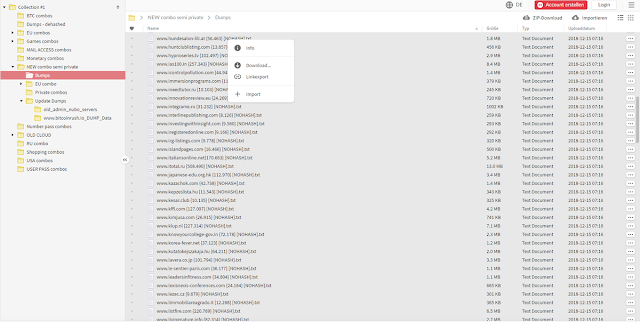Trojan malware is back and it's the biggest hacking threat to your business
Old school but effective, hackers are shifting aware from in-your-face ransomware to attacks that are much more subtle. Trojan malware attacks against business targets have rocketed in the last year, as cyber criminals alter their tactics away from short-term gain and in-your-face ransomware attacks towards more subtle, long-term campaigns with the aim of stealing information including banking information, personal data and even intellectual property. Figures from security company Malwarebytes Labs in a new report suggest that trojan and backdoor attacks have risen to become the most detected against businesses – and the number of trojan attacks has more than doubled in the last year, increasing by 132 percent between 2017 and 2018, with backdoors up by 173 percent. Malwarebytes classifies trojans and backdoors separately, describing a trojan as a program "that claim to perform one function but actually do another", Meanwhile, a backdoor is def...

